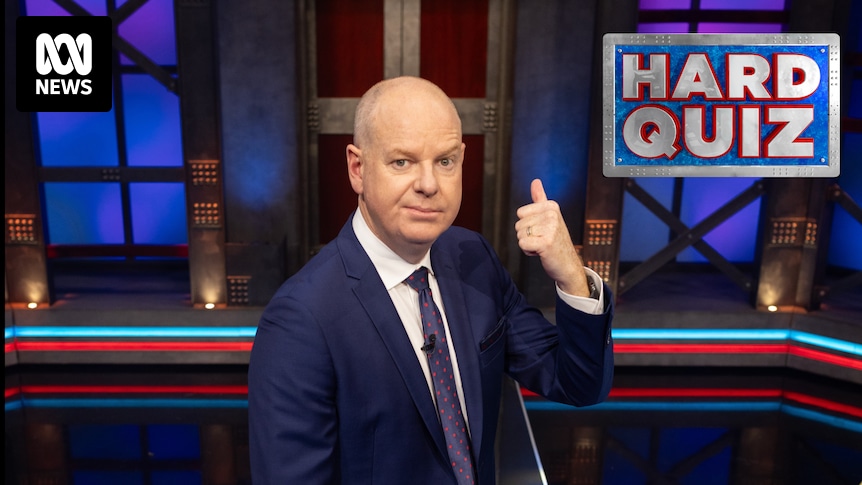[ad_1]
Tesla’s shares are down 28% this year. It has warned of “notably” slower growth as sales in its second-largest market, China, fall. A defect forced a recall of its highly anticipated latest product. The chief executive spends a lot of time at other companies or generating controversy. How do you reward him? With a record-breaking $56bn pay deal, if Tesla gets its way at its annual meeting on Thursday.
Elon Musk’s pay package – the largest ever granted to an executive at a US-listed company – is not based on Tesla’s current, or future, performance. It was granted in 2018, and built around targets for Tesla’s stock value, revenue and profitability.
The targets seemed steep at the time, but after three extraordinary surges – in Tesla production, demand for electric cars, and the group’s share price – every goal was cleared by 2022. The company’s transformation into the world’s most highly valued carmaker propelled Musk into the ranks of the world’s very richest people.
Back in January, a judge slammed on the brakes. Voiding the pay arrangement after a legal challenge by a Tesla shareholder, the Delaware court of chancery called his remuneration “an unfathomable sum”, and questioned whether compensating Musk at such levels was necessary to retain him as chief executive and achieve the company’s goals.
Tesla was not prepared to take that decision in its stride. “Elon has not been paid for any of his work for Tesla for the past six years that has helped to generate significant growth and stockholder value,” Robyn Denholm, Tesla’s chair, said in April, adding that the ruling had been “fundamentally unfair, and inconsistent with the will of the stockholders who voted for it”.
The company organised a re-vote, urging investors to endorse the deal again. While the carmaker has sought to underline how the arrangement was tied to previous performance, the ballot is also seen by some as a referendum on the current state of the company, and Musk’s leadership.
Denholm appealed to shareholders again last week, saying there was a risk Musk would step back from Tesla if they did not back his pay package this week. “If Tesla is to retain Elon’s attention and motivate him to continue to devote his time, energy, ambition and vision to deliver comparable results in the future, we must stand by our deal,” she wrote.
Denholm added: “This is obviously not about the money. We all know Elon is one of the wealthiest people on the planet, and he would remain so even if Tesla were to renege on the commitment we made in 2018.”
Investors are being asked to endorse two proposals: Musk’s pay, and the relocation of Tesla’s incorporation from Delaware to Texas. Musk signalled he planned to do the latter after January’s ruling, which prompted him to say that companies should never incorporate in Delaware.
Tesla is likely to win approval for Musk’s remuneration, according to Dan Ives, an analyst at Wedbush and a veteran follower of the company, albeit “not by a wide margin”. Many shareholders in the company “understand the biggest asset of Tesla is Elon Musk,” Ives said.
The two largest proxy advisory firms – which advise investors on how to vote – have come out against Musk’s pay. Glass Lewis and ISS both described it as “excessive”, prompting angry responses from Tesla. Glass Lewis had used “faulty logic,” it claimed, while suggesting that ISS had missed the point.
Beyond the ramifications for Musk’s wealth, the vote over his pay will also test the power that proxy advisers wield over a company such as Tesla, which has a multitude of loyal supporters and Musk fans among its shareholders.
after newsletter promotion
Tesla, and Musk, have mounted a high-profile campaign to ensure they win. Last month the billionaire shared a glossy video on X, the social network formerly known as Twitter that he bought and renamed, which he claimed Tesla staff had made “of their own volition”. It urged investors to “protect Tesla” by voting for the carmaker’s proposals, warning that future growth was on the line.
Musk has received support from some deep-pocketed backers. “Without his relentless drive and uncompromising standards, there would be no Tesla,” the billionaire investor Ron Baron said last week.
That drive has earned the tycoon his fair share of critics. Trade unions are attempting to organise inside Tesla plants, claiming it is high time the company’s workers were handed their fair share of its profits.
He faces questions, too, over how he divides his time with the rest of his empire, which includes X; the rockets and satellites group SpaceX; Neuralink, a brain implant start-up; and the Boring Company, a tunnelling venture.
“Tesla will ultimately be victorious in the narrative where, if it’s not for Musk, we don’t have the EV [electric vehicle] transformation globally that we’ve seen,” said Ives. “He deserves the pay package: he executed.
“But it’s at a time when Tesla is going through a difficult growth period. There’s category 5 headwinds, and Musk has created a lot of noise and controversy, which has frustrated some investors.”
Victory on Thursday is unlikely to end the saga. Shareholders who oppose Musk’s pay deal are expected to challenge any effort to reinstate it.

